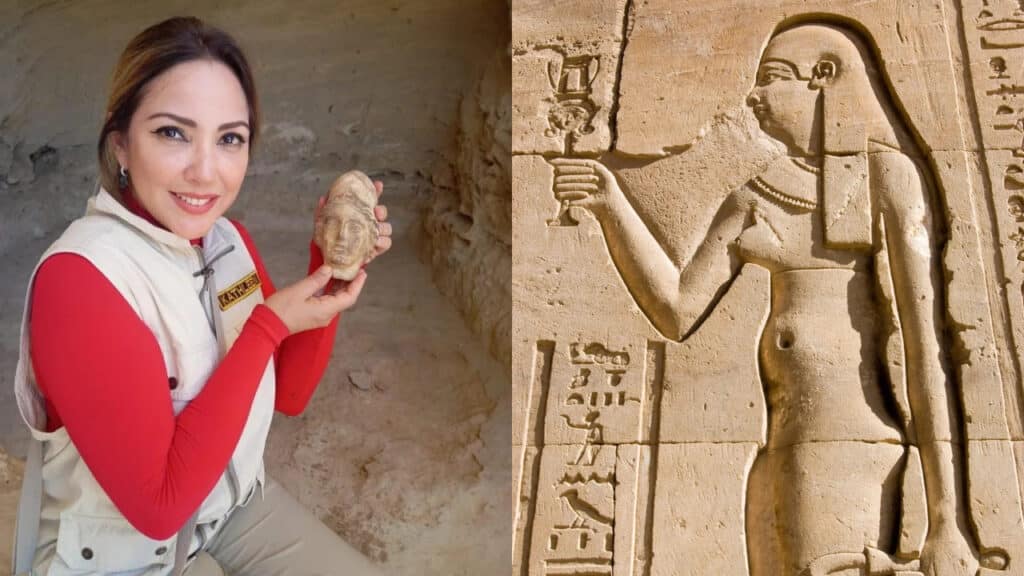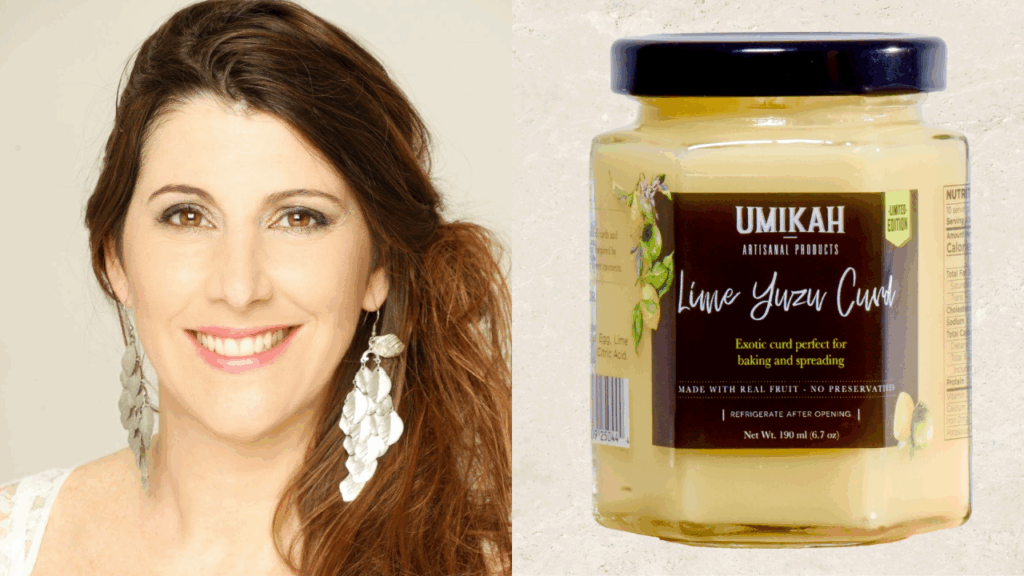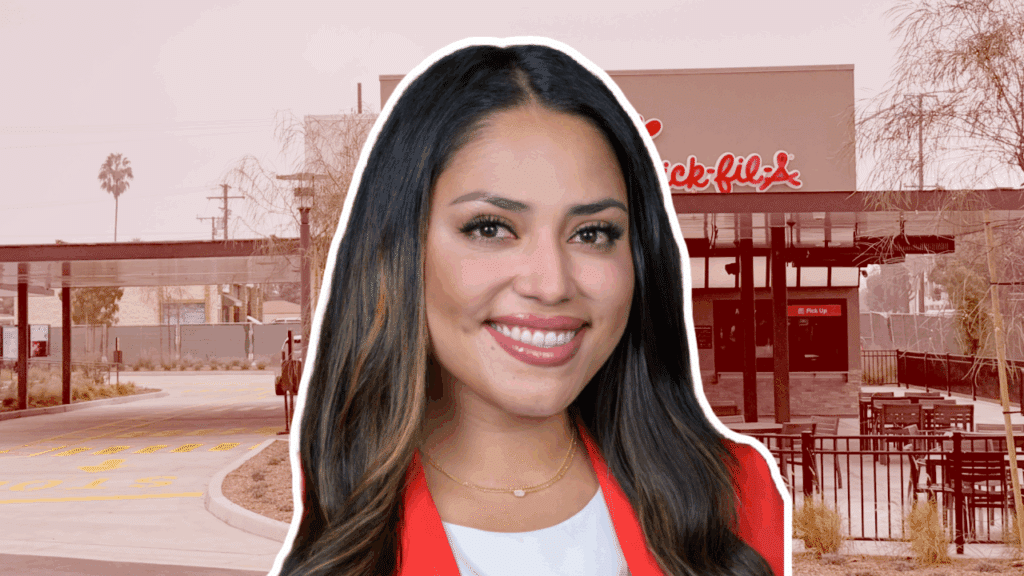
This Latina Ambassador Proves What Happens When Women of Color Lead With Purpose
When Ambassador Nathalie Rayes walks into a room, she doesn’t just bring policy talking points—she brings a lived story. One shaped by migration, grief, grit, and the unwavering belief that power means nothing if it’s not used to uplift others. In a world where Latina leaders are still underrepresented in diplomacy, Rayes is not only making space. She’s redefining it.
How a Latina Ambassador Turned a Childhood Loss Into a Life of Service
Rayes was just nine years old when she moved from Venezuela to Marina del Rey, California, with her parents. Her father passed away shortly after they arrived. That loss, she shared, became a defining force in her life:
“That early loss shaped everything. It taught me the fragility of life and the power of purpose. Losing my father so young made me grow up quickly, but it also planted the seed for service. I understood from an early age how policies impact people—not in theory, but in lived experience. My immigrant story gave me perspective, empathy, and a sense of duty to give back to the country that gave my family hope. Every role I’ve taken since has been about honoring that journey and lifting others up along the way.”
Being a Latina Ambassador Isn’t About a Title—It’s About Creating Space
In January 2024, Rayes became the first Venezuelan-American to serve as the U.S. Ambassador to Croatia. It was a milestone—but for her, it was also deeply personal.
“Serving as a United States ambassador has been the most personally impactful role of my life,” she told FIERCE. “Standing on foreign soil as the official representing the United States of America was deeply humbling and a huge honor. I wasn’t just executing policy, I was embodying the promise of America itself.”
As she explained, her appointment wasn’t about a seat at the table—it was about making room at that table for others. “I didn’t want to just take space. I want to create space for others as well, and I still create space for others in every way that I can.”

Representation Isn’t Just Symbolic—It’s Strategy
Throughout our conversation, Rayes returned again and again to the power of visibility. “If you can see it, you can be it,” she said. Growing up in Santa Monica, one moment stayed with her forever. A teacher took her to see Margaret Thatcher speak.
“Maybe her politics and my politics were not the same,” she recalled, “but I figured, you know, this woman was Prime Minister in the 1980s of the United Kingdom. That for me was transformational.”
She now hopes to be that figure for others. “I want to make sure that people realize we are the American dream, that we are all Americans, and that no one can define who we are—we define it for ourselves.”
What Women of Color Bring to Diplomacy
Asked about the value Latinas bring to leadership, the ambassador was clear: “We are bridge builders by nature, often navigating multiple worlds. That makes us attuned to nuances, power dynamics, and the importance of inclusion.”
In rooms historically dominated by men—and often white men—her very presence sparked questions. “The Ambassador of the United States is walking in, and guess what? She’s a woman. It does change the dynamics. It makes people think: Why don’t we have other women in this room?”
Her lived experience also shaped her leadership style. “We lead with empathy and integrity. We often challenge the status quo simply by just showing up.”

How This Latina Ambassador Navigated Male-Dominated Spaces
Rayes has served in high-level roles across government, the nonprofit world, and corporate America. But the gender imbalance never faded.
“That male-dominated world is real,” she said. “It takes courage, it takes clarity, and a commitment to never shrink who you are to make others feel comfortable.”
She credited her ability to push through with staying grounded in her purpose. “I held tight to my rooted values and always remembered my why. That mindset helped me push boundaries without losing myself in the process.”
Why Diplomacy Matters—Especially Right Now
In the current political landscape, Rayes believes that diplomacy is more essential than ever.
“Diplomacy begins with values. In moments of crisis, our role isn’t just to explain policy—it’s to uphold the principles that define who we are as a nation. And we are a nation of immigrants,” she said. “When human rights are at stake, diplomats must elevate truth. Push for accountability. And work to drive solutions grounded in justice and fairness.”
Her message to those feeling hopeless: don’t give up. “Never lose the faith. Never, ever.”

Latinas Aren’t a Sleeping Giant—We’re Wide Awake
Rayes sees the leadership of Latinas and women of color as already transformative, just often under-recognized. “We organize across generations. We bridge cultural divides. And we often serve as the heartbeat of our communities.”
She’s witnessed the shift firsthand. “This notion of a sleeping giant is no longer sleeping. This giant is showing up. In the ballot box, running for office. In building coalitions. And in pushing each other forward.”
Advice From a Latina Ambassador to the Next Generation
So what would she say to a young Latina who dreams of becoming a diplomat, but doesn’t know where to start?
“First, I would say you can do it. You belong. Go for it,” she said. “Even if no one in your family has done it before, even if the path seems unclear, your voice and your vision are needed in diplomacy.”
She encouraged young women to start locally, stay curious, build relationships, and seek mentors. And above all: “Don’t wait for the perfect conditions to start showing up. Diplomacy isn’t just a title—it’s a mindset.”
Power Is Meaningless Without Purpose
As our conversation closed, we asked Ambassador Rayes what lesson about power and purpose had stayed with her the most.
Her response was immediate: “Don’t chase power. Chase purpose.”
“You can have a title, you can have the influence, you can have the spotlight, but if you’re not using it to uplift others—then what’s the point?”
She added: “At times, the world wants to mute your light. Let your light shine—and shine it bright. Because when we shine, we offer light to the rest of our community. That’s power. And that’s purpose.”




